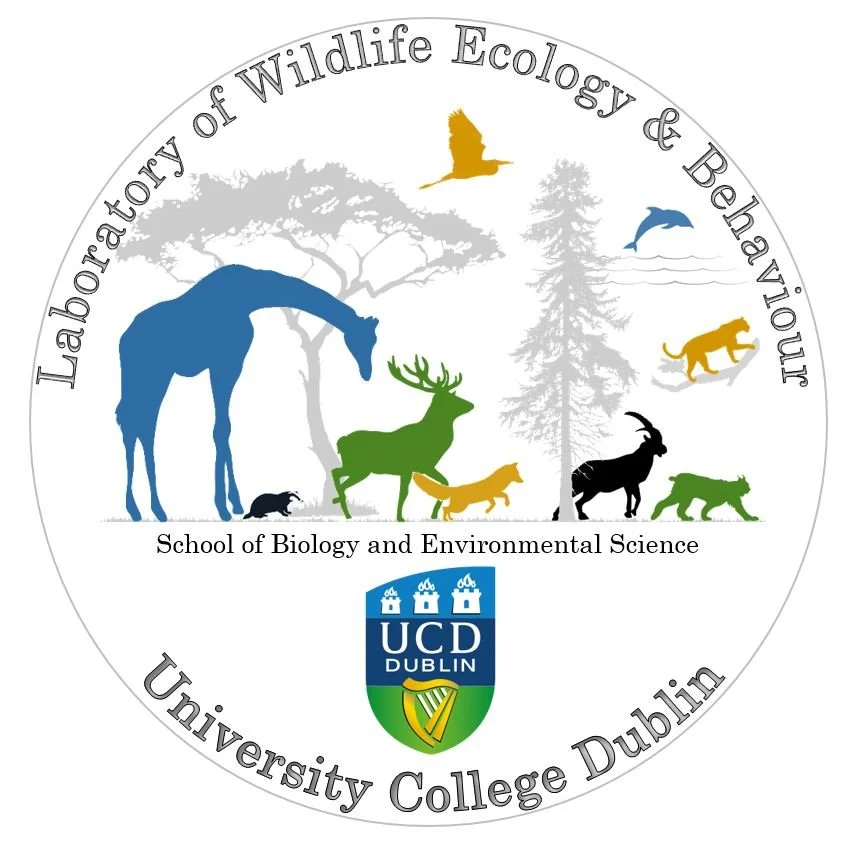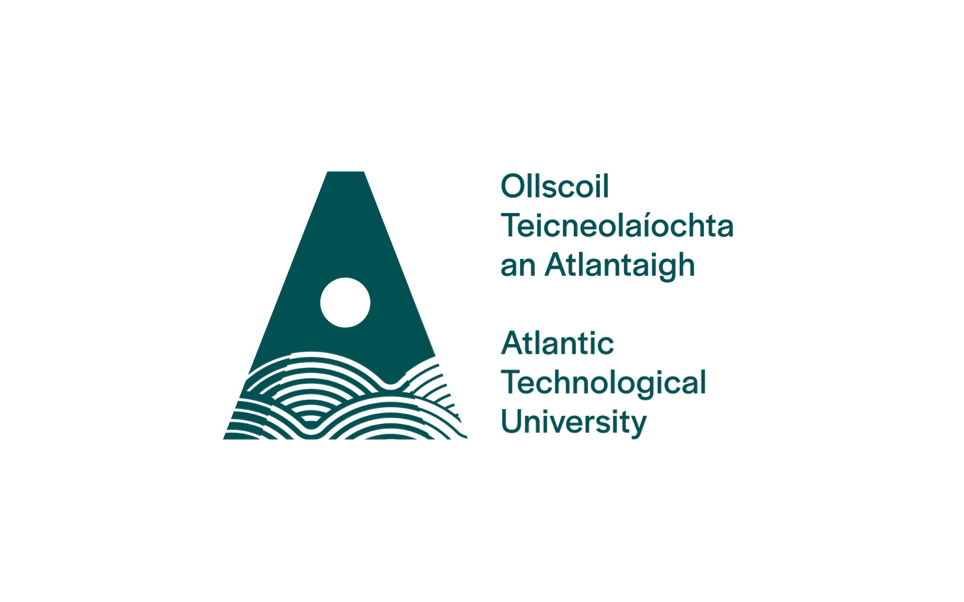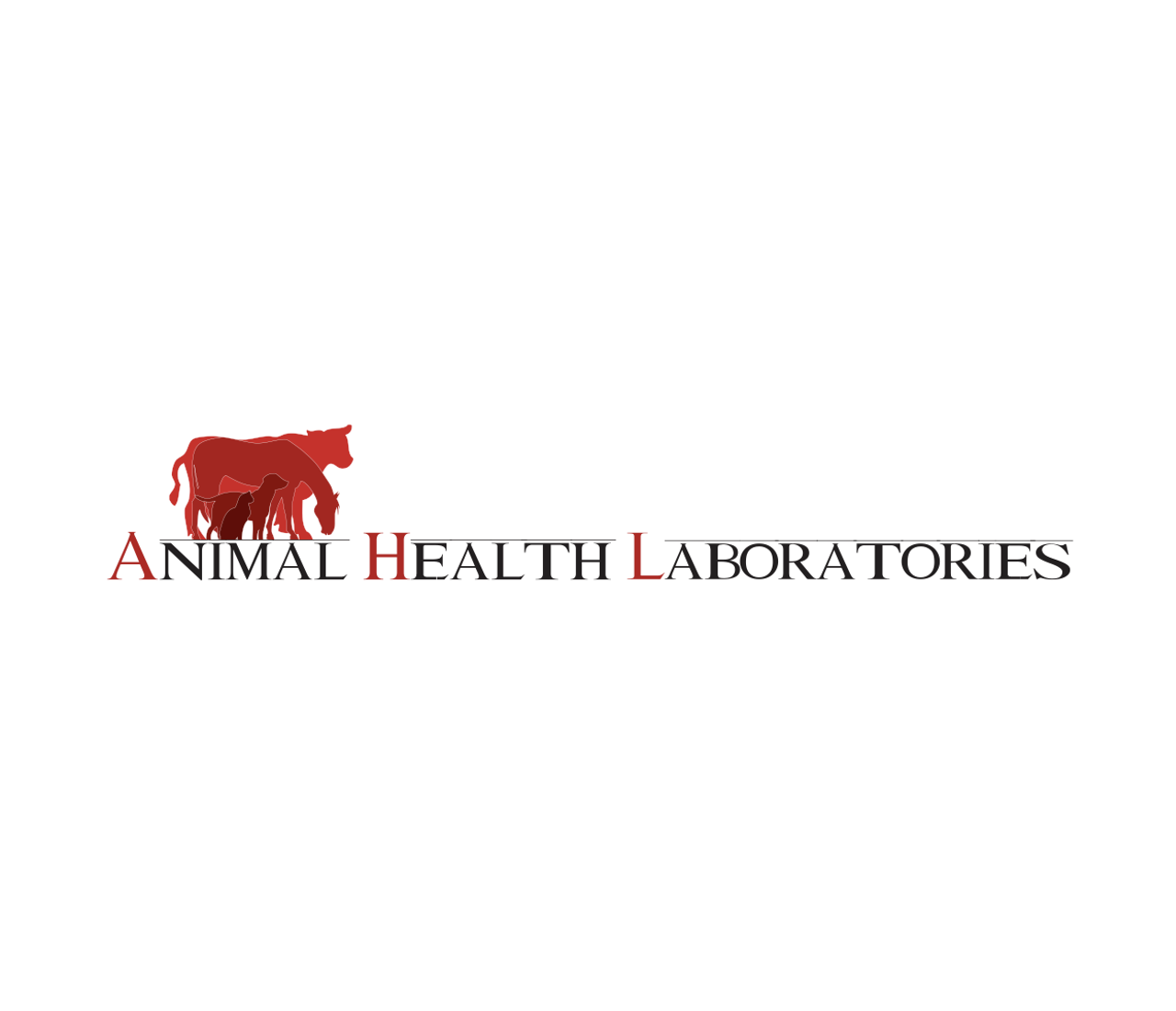Habitats Research Centre
We collaborate with third level institutes, state bodies and NGOs to research and develop best practice in conservation science.
Check out some of our current projects below and sign up to our newsletter to keep up to date with new projects and results.
Keen to collaborate? If you’re a student or researcher and you’d like to collaborate on or support a current or future research project then please do get in touch today, we’d be delighted to hear from you.
-

Rewilding
Advances in the science of rewilding are opening up opportunities for nature-based solutions (NbS) to the biodiversity crisis. We’re excited to be collaborating with the Laboratory of Wildlife Ecology and Behaviour at University College Dublin (UCD), and with UCD’s Earth Institute, on leading-edge rewilding research.
We’re also thrilled to be collaborating with a consortium of universities, state bodies, industry, and NGOs to monitor and record the long-term effects of the rewilding actions we are undertaking at Oysterhaven Biodiversity Reserve.
Click here to read our recent paper on the evidence for rewilding success in Europe.
-

Ecoacoustics
Advances in bioacoustic technology are providing exciting opportunities to measure shifts in biodiversity and bioabundance through analysis of acoustic soundscapes.
We’re collaborating with the National Parks and Wildlife Service (NPWS) and with Dr. Joanne O’Brien and her students at Atlantic Technological University (ATU) to better understand how we can leverage acoustic monitoring devices to simply and accurately measure biodiversity across a range of habitat types.
-
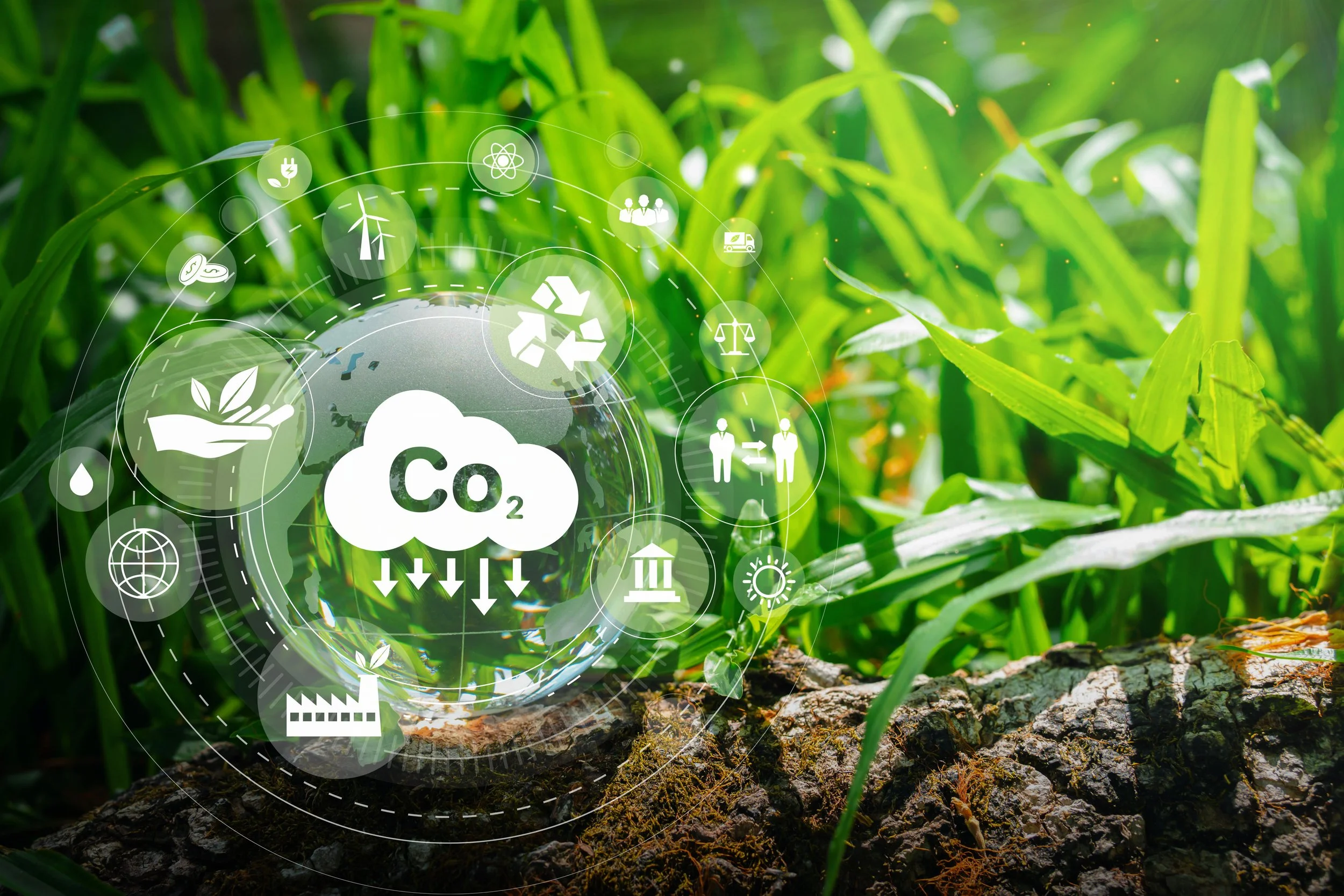
Soil carbon
In collaboration with industry partner Carbon Space and the National Parks and Wildlife Service (NPWS), we’re researching the impact of our conservation management strategies on the short and longterm health and carbon storage capacity of our soils.
This involves both laboratory analysis of soil samples and remote measurement of net ecosystem carbon exchange (NEE). NEE is a measurement of carbon flux - the exchange of carbon between sources and sinks.
-

Aquatic invertebrates
We’ve teamed up with the brilliant coastal lagoonal specialist Dr. Geoff Oliver, the Environmental Protection Agency (EPA) and the National Parks and Wildlife Service (NPWS) to better understand the rich biodiversity of Oysterhaven Lake and to find ways to enhance its water quality.
By working together, we hope not only to better understand the ecology of this coastal lagoon, but also to find creative ways to enhance water quality and protect its beautiful but fragile fauna and flora for generations to come.
Click here to read our recent survey report on aquatic invertebrates in Oysterhaven Coastal Lagoon.
-

Terrestrial invertebrates
Healthy populations of insects are crucial to life on earth, creating the biological foundation for all terrestrial ecosystems. We’re thrilled to be working with students and researchers from Prof Michael Gormally’s lab at the University of Galway to better understand the diversity and abundance of terrestrial invertebrates across different habitat types on Irish farmland. This research is kindly supported by the National Parks and Wildlife Service (NPWS) and by the Dr Karzan Sabah D Ahmed Memorial Research Bursary.
-

Bat research
We’re very pleased to report that a passive monitoring survey, kindly carried out by Karen Banks of Greenleaf Ecology, has revealed that six of Ireland’s nine established native species of bat are active on Oysterhaven Biodiversity Reserve. Karen used bat detectors to record (and later analyse) patterns of echolation at three habitat types across the reserve. Results showed that the most frequently recorded species was soprano pipistrelle, followed by common pipistrelle, then Leisler’s bat. Natterer’s bat, Daubenton’s bat and brown long-eared bat were also recorded.
-
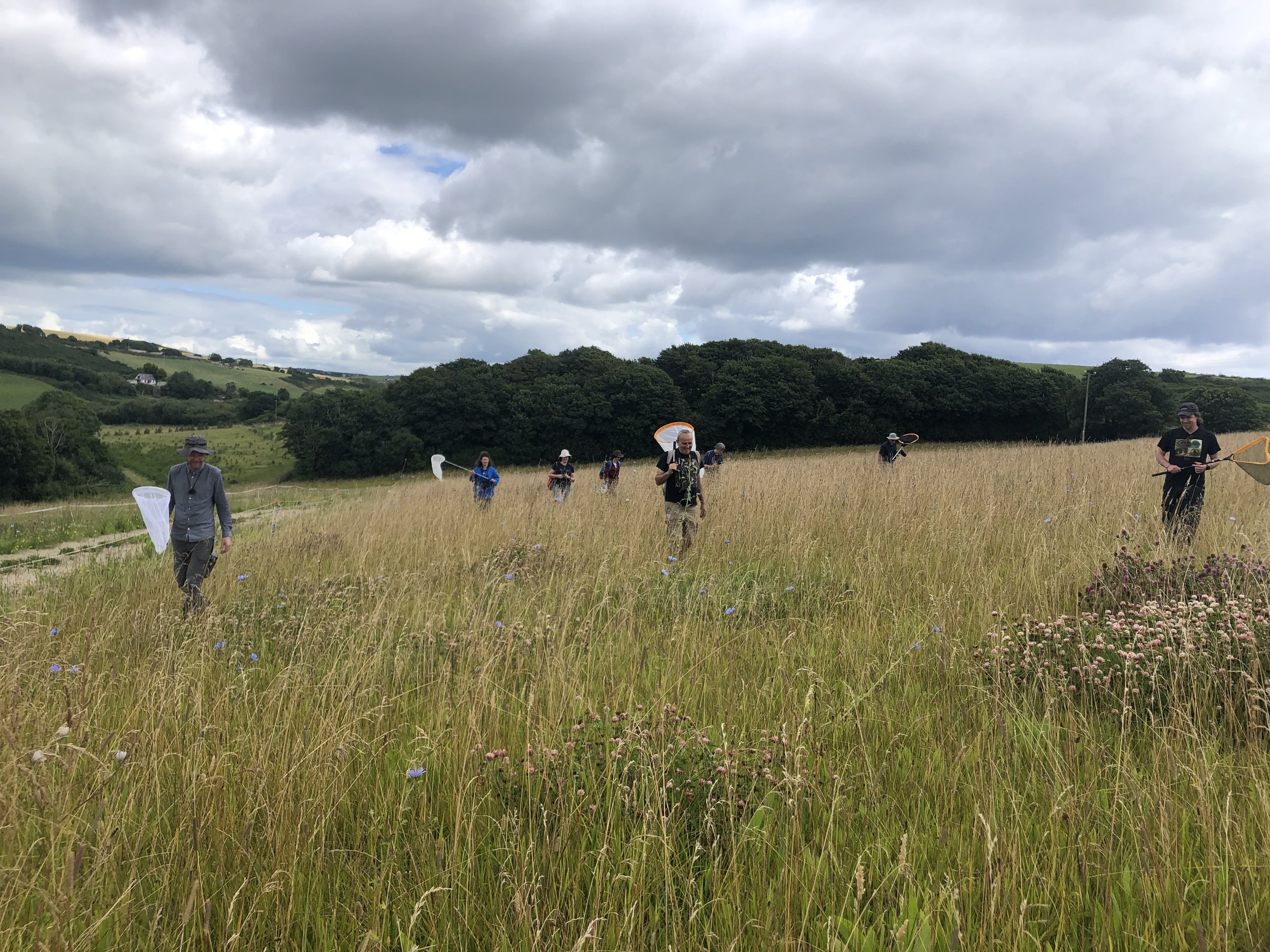
Citizen science
Citizen science allows everybody to get involved in helping to protect our biodiversity. In collaboration with Dr. Simone Ciuti and his research students at the Laboratory of Wildlife Ecology and Behaviour University College Dublin (UCD), we’re busy developing simple citizen science protocols that work with online platforms like Mammal Web and that will help people to more easily record and monitor wildlife in their communities.
-
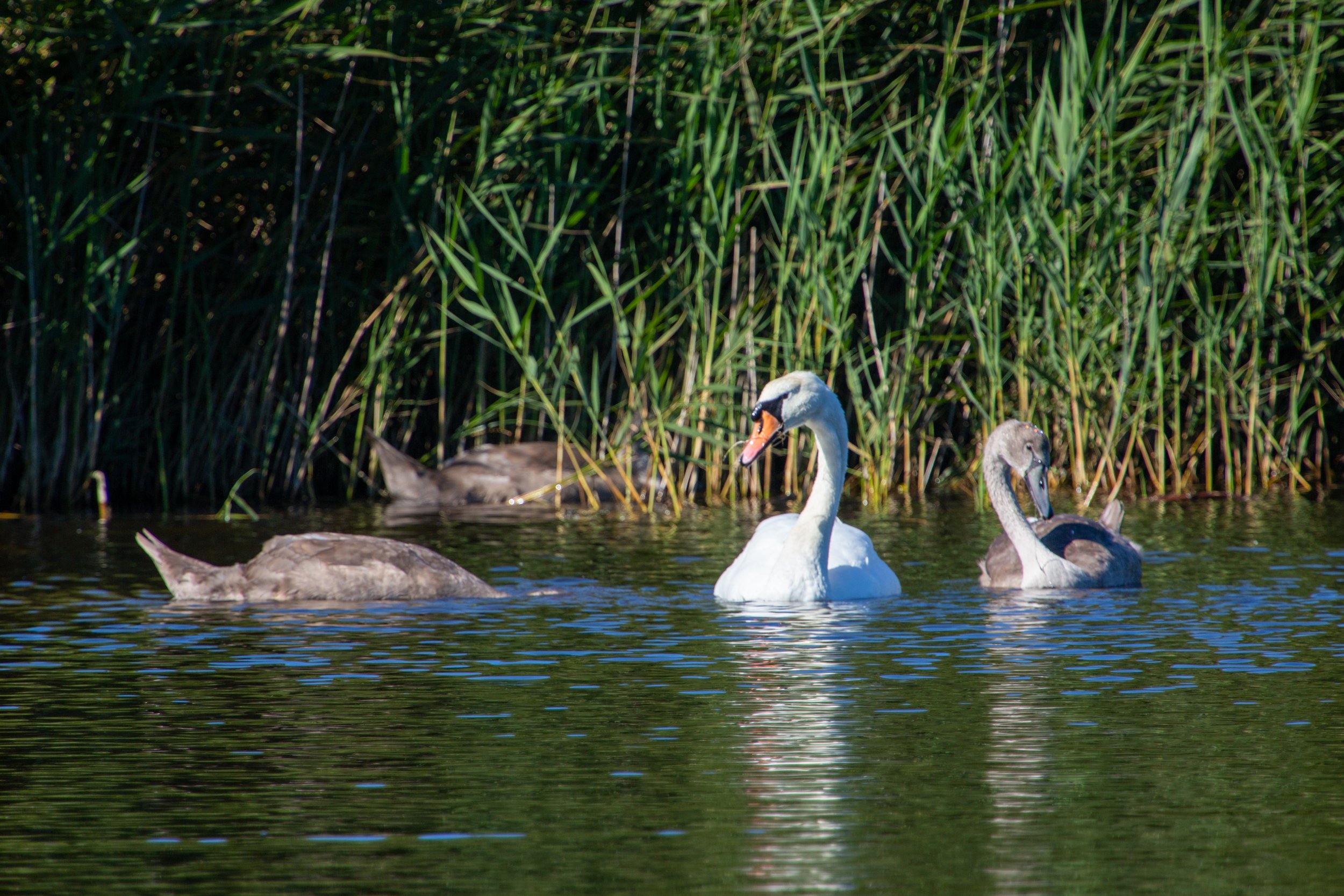
Bird research
We’ve teamed up with the brilliant team at the Cork branch of BirdWatch Ireland to research and monitor the species of bird seen (or more often heard!) on the reserve. We’re using this data to track changes over time as we reinstate habitats and boost biodiversity across the reserve. What we’re learning through this longitudinal research is also informing current and future conservation work.
who we work with


